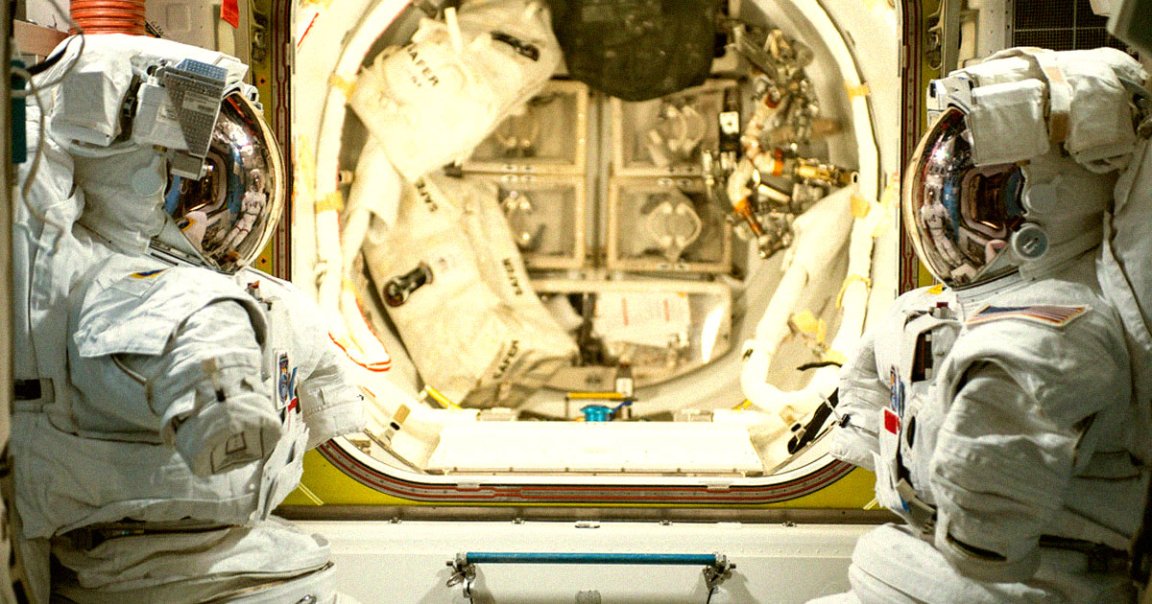
Rain Check
On Thursday, NASA astronaut Loral O’Hara and ESA commander Andreas Mogensen were meant to swab the exterior of the International Space Station to search for evidence of microorganisms surviving the extreme conditions.
But NASA has officially postponed the planned spacewalk, citing an ammonia coolant leak discovered on the Russian segment’s Nauka module earlier this week.
The leak was traced back to a backup radiator circuit, which sent flakes of ammonia flying past the station’s cupola, alarming mission control in Houston.
While the leak has since stopped, according to an official NASA update, the upcoming spacewalk, as well as an expedition scheduled for October 20, have been postponed “until the review is complete.”
We still don’t know the exact cause of the leak, but given the fact that it’s the third leak affecting Russia’s segment of the ISS in less than a year, it’s looking conceivable that it won’t be the last, meaning that we should expect further disruptions in the future.
Ammonia Shower
Ammonia, a colorless and toxic gas, is used by the station’s active thermal control systems to dispel excess heat generated by the station’s solar panels, among other components.
Floating flakes of ammonia require astronauts to take extra precautions during spacewalks due to the risk of contaminating themselves or their equipment, according to Space.com.
During a Christmas Eve spacewalk back in 2013, for instance, astronauts had to brave a “mini blizzard” of ammonia spewing out of the faulty fluid line they were replacing on the ISS. Large chunks of the stuff reportedly bounced off their equipment and suits.
The astronauts had to wait while the ammonia dissipated before reentering the station to avoid contamination.
And given the repeated leaks affecting the Russian segment, that kind of contamination will likely continue to be a risk for astronauts venturing outside the station.
Russia’s space agency has since announced that it’s sending two cosmonauts to “inspect and photograph” the site of the latest leak later this month to figure out the exact cause.
More on the leak: NASA Alarmed to See Flakes Drifting Past Space Station